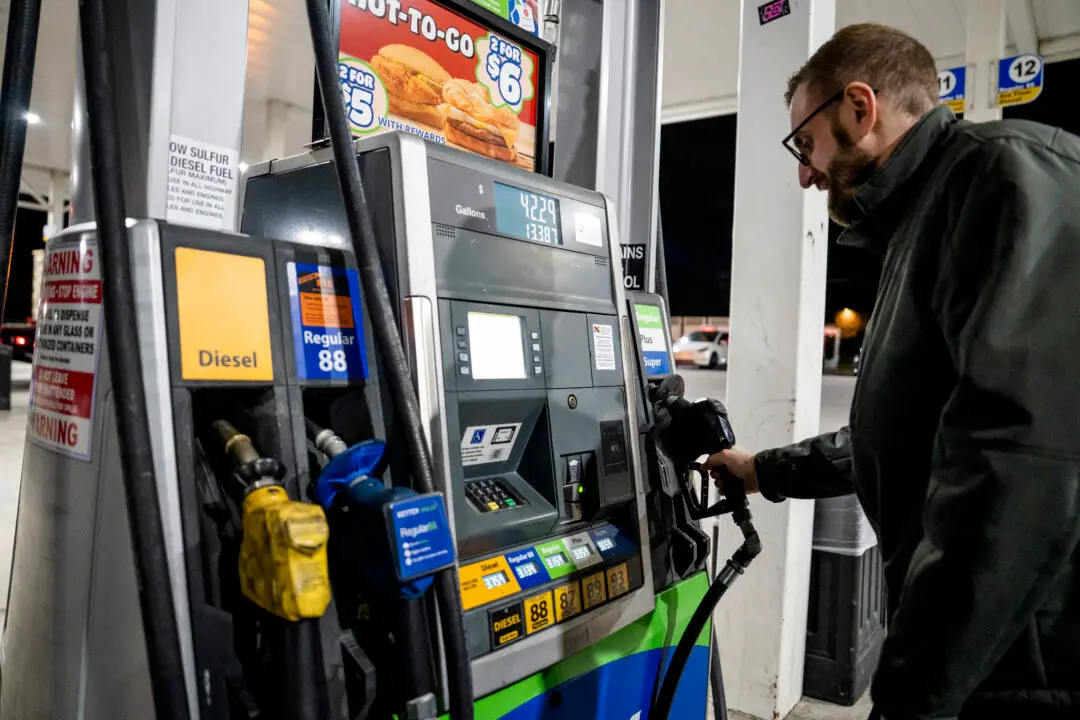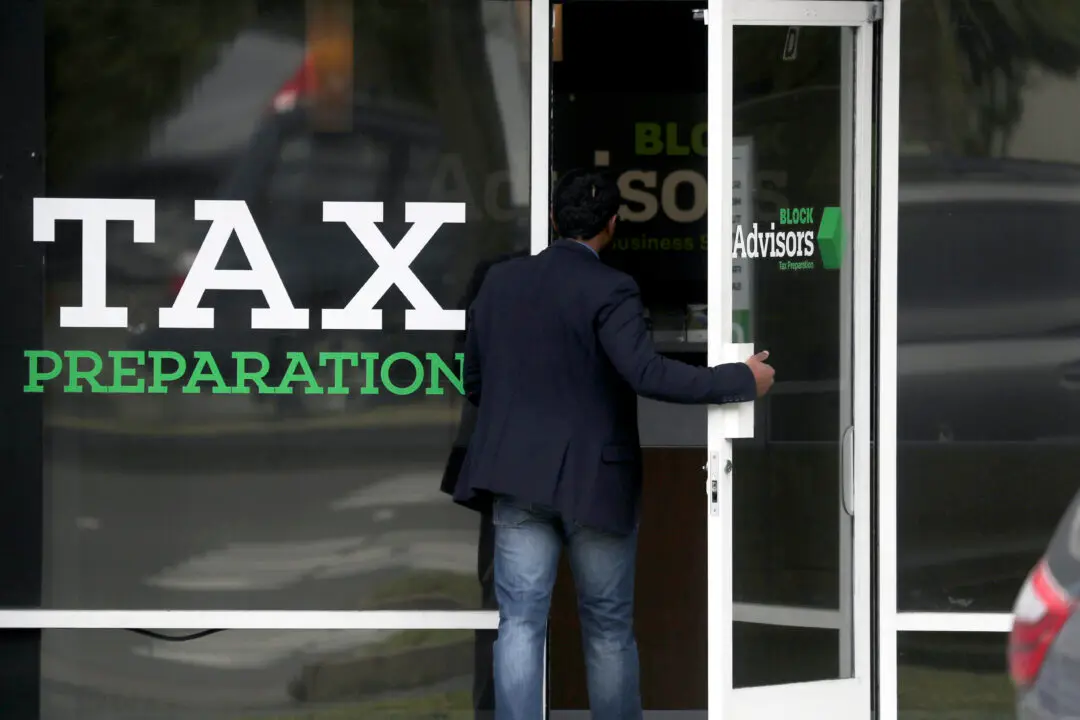Evidence suggests that election fraud, ballot manipulation, and other election issues may have harmed the integrity of California’s electoral results during the 2018 midterm elections.
Judicial Watch, a non-partisan educational foundation, reported in a press release in January that they signed a settlement with the State of California and the County of Los Angeles, pressuring the county to clean up voter registry files.





